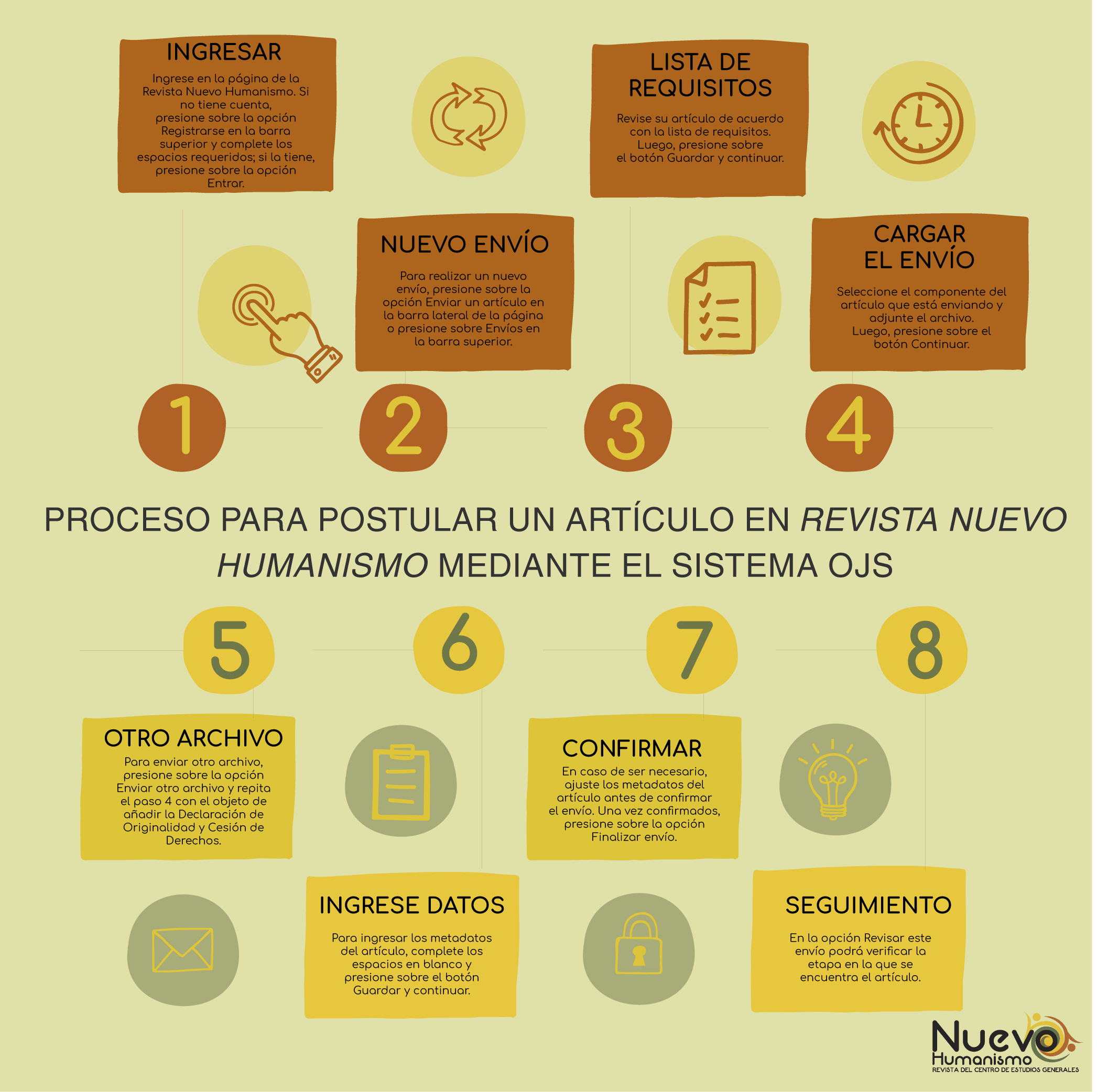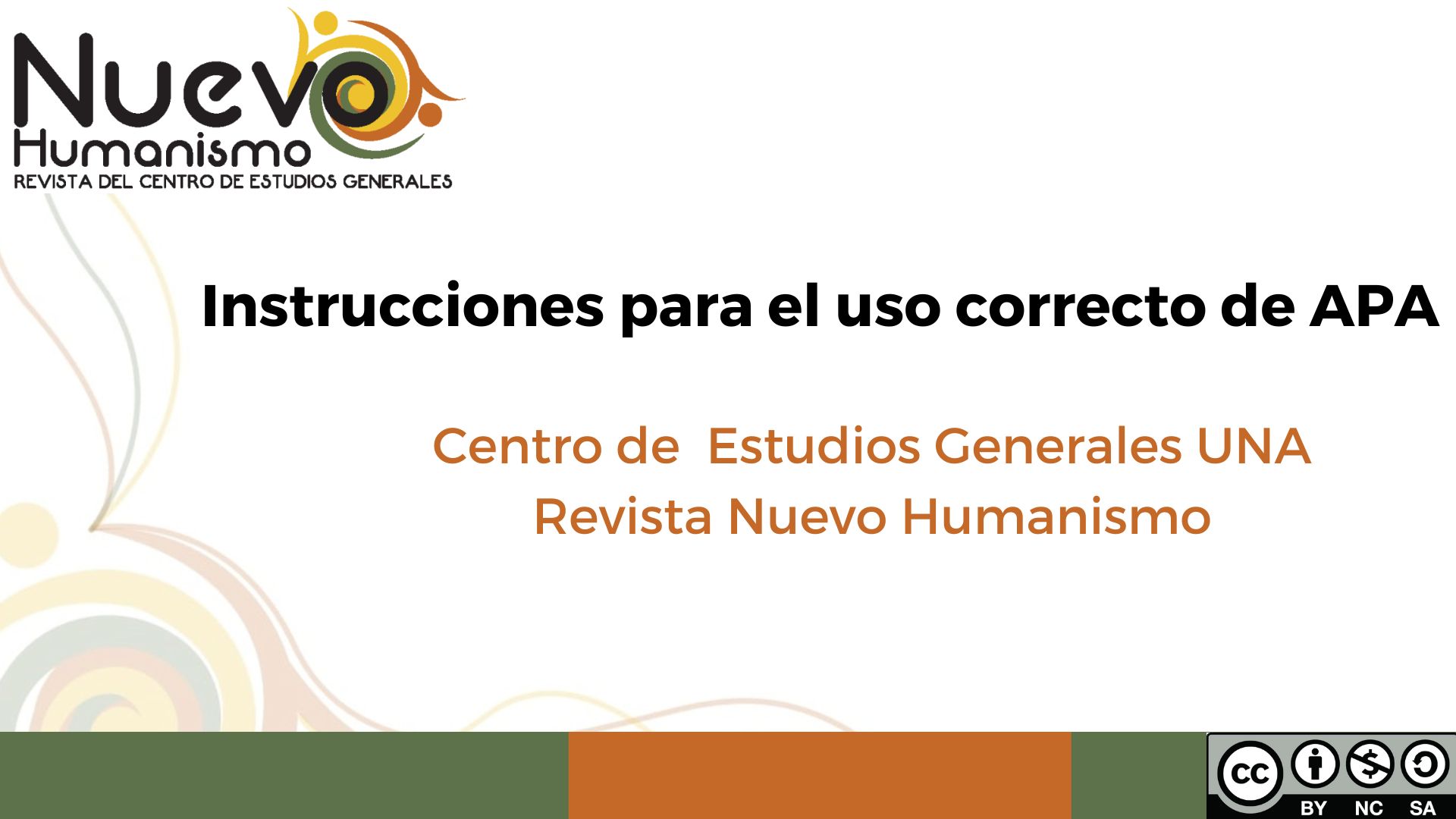Los Estudios Generales, paso indispensable a una verdadera universalidad en la educación superior
DOI:
https://doi.org/10.15359/rnh.1-1.1Keywords:
universalism, university, neoliberalism, education, General StudiesAbstract
From its origins, universities where conceived as a space to express and foster the universalism of knowledge; or in other words, as a place in which human knowledge can be transmitted and disseminated. Today, this essential mission of universities is in danger of disappearing as the result of neoliberal policies and programs of structural adjustment that promote a market oriented approach to education, and therefore, policies that are transforming institutions of higher education into enterprises that have profit as their main goal, and by which universalism is almost entirely eliminated from the curricula in order to implement an education highly specialized and with a very superficial and virtual understanding of the humanities.
Within this context, General Studies assume great relevance precisely because of their universalist and inter-disciplinary perspective, not only as the product of the diversity of their academic curricula, but also as the result of scholars from different disciplines, who interact on a daily basis in manifold ways in the same department, thereby offering to students at the freshman level a rich immersion in both classical and modern studies, before they become more specialized in the academic program of their choice.
References
Balán, J. et al. (1993). Políticas comparadas de educación superior en América Latina. Santiago Chile: Flacaso.
Bengoa, J. (1996-1997). Educación superior chilena: ¿sistema público o privado? Revista de Humanidades (17), Universidad de Chile.
Brunner, J. J. (1985). Sociedad y universidad en América Latina. Un esquema de interpretación. Caracas: CRESAL-UNESCO
Clark, B. R. (1998). Creating entrepreneurial universities.Oxford: Pergamon Press.
Dagnino, R. y Velho, L. (1988). University-Industry-Government Relations on the Periphery. En Minerva 36: 229-251. Brasil: Universidad de Campiñas.
Diáz Barriga, A. (Coordinador). (1997). Financiamiento y gestión de la educación superior en América Latina. CRESAL-UNESCO (Tomos 2 y 3).
Etzkowitz, H. y Leydesdorff L. (Eds.) (1997). Universities and the Global Knowledge Economy. A triple helix of university-industry-government relations. Londres: Cassell.
Homer Haskings, Ch. (1923). The Rise of Universities. Cornell University Press.
Krugman, P. (14 de enero del 2008). Responding to Reccession. The New York Times, p. 22.
Llanes Ruiz, D. (10 de junio del 2010). La crisis económica y el futuro de la universidad pública. Rebelión.
Riesman, D. (1959). The Lonely Crowd. Boston: Yale University Press.










